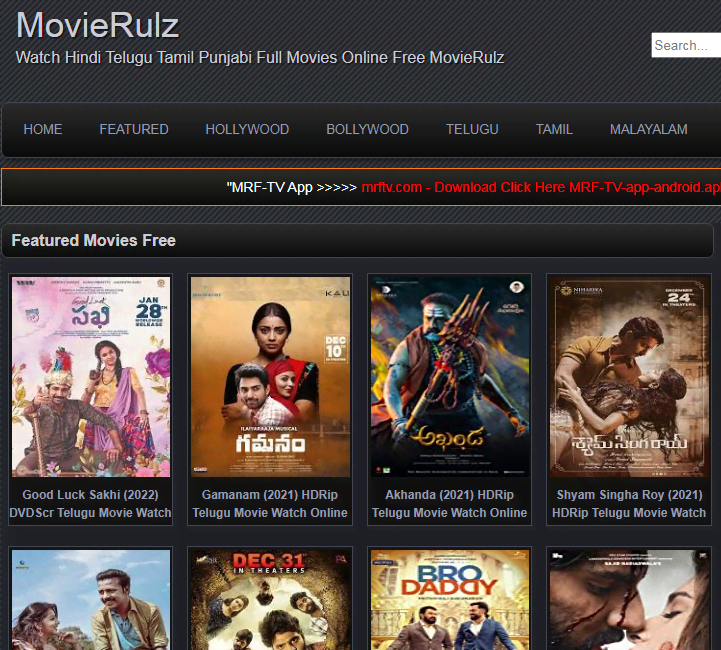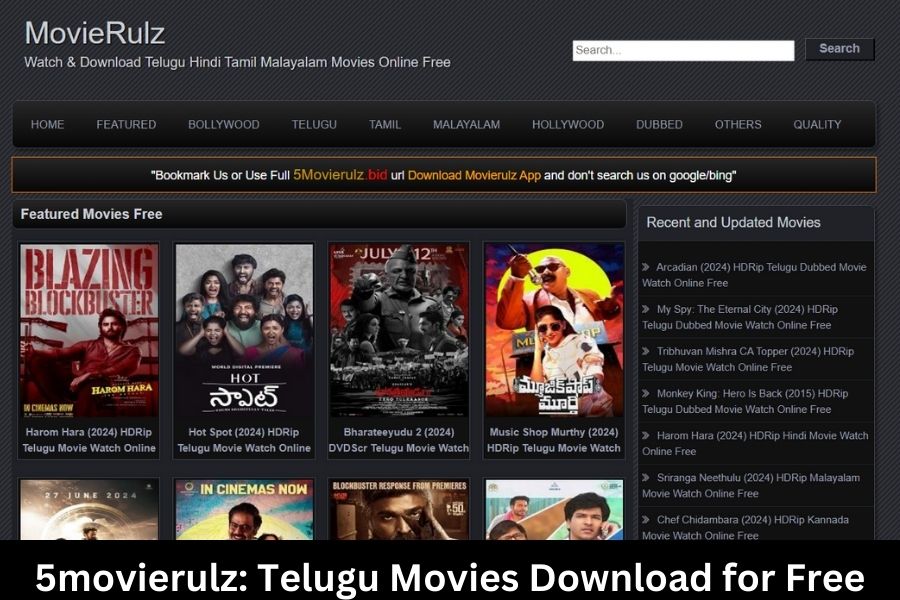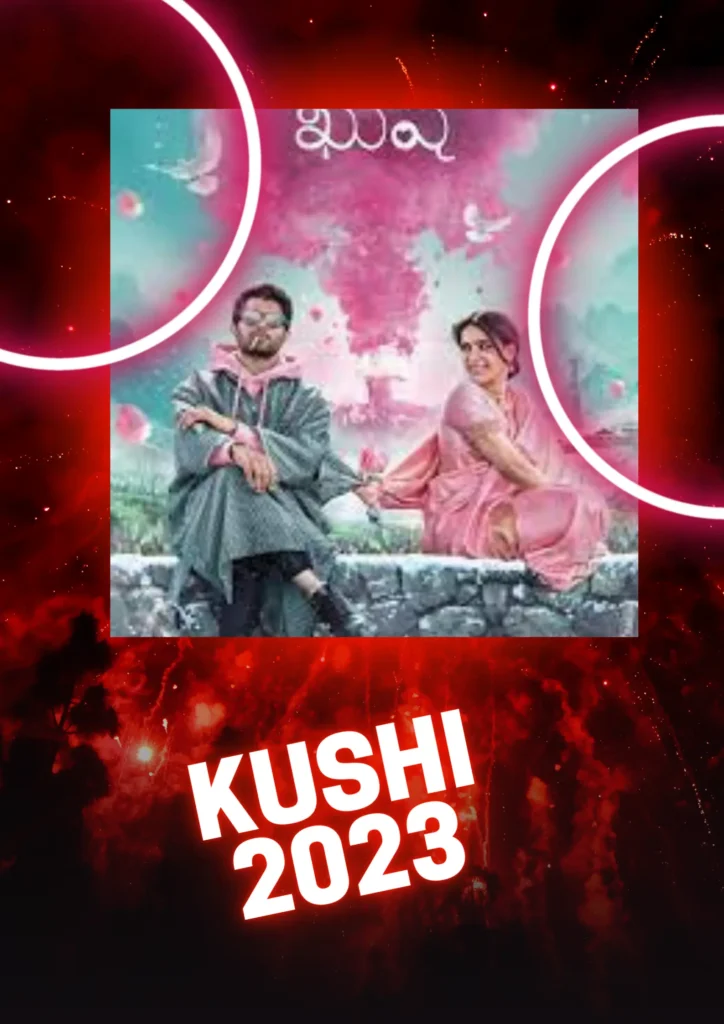Fix Search Errors: Movie Reviews & Download Tips [2024 Guide]
Are you tired of endless searching and coming up empty-handed? The frustration of seeing "We did not find results for:" and "Check spelling or type a new query" is a universal online experience, and it highlights the ever-present challenge of navigating the vast digital landscape. It’s a digital dead end, a sign that your query, however carefully constructed, has failed to connect with the information you seek. This persistent issue underscores the complex relationship between users and search engines, and the limitations that still exist in information retrieval.
The digital world promises instant access to a wealth of information, a seemingly limitless ocean of knowledge at our fingertips. Yet, the frequent appearance of these discouraging messages serves as a stark reminder of the imperfections in the system. It points to the inherent challenges in indexing, categorizing, and retrieving information from the ever-expanding universe of online content. While search algorithms have become increasingly sophisticated, they are not infallible, and users often find themselves needing to refine their search strategies, explore alternative keywords, or even question the existence of the information they seek.
Here's a hypothetical table, for example, showcasing different search terms and why they might yield a "We did not find results for:" message. This illustrates the complexities involved in getting the desired results. It's a reminder that effective searching is a skill, and that even the most experienced users encounter these digital roadblocks. The table will be inserted here for illustration purposes to understand the complexity of search result.
- Is Louis Theroux Married Unveiling The Personal Life Of A Renowned Documentarian
- Best Daily Crossword Puzzles Your Ultimate Brain Teaser Adventure
| Search Term | Potential Reason for "No Results" |
|---|---|
| "Fictional Country of Eldoria" | The country is fictional and does not exist in the real world. |
| "Ancient Martian Civilization Artifacts" | There's no scientific evidence of a Martian civilization or its artifacts. |
| "Recipe for Invisible Cake" | The concept is paradoxical and scientifically impossible. |
| "Teleportation Device Blueprints" | Teleportation technology is currently theoretical and doesn't have proven blueprints. |
| "Official Documentation for Time Travel" | Time travel is largely considered to be in the realm of science fiction. |
This brings us to another facet of the digital experience: the allure of entertainment. Many users turn to the internet for movies, TV shows, and engaging content. Sites like Movierulz, though operating in a legal grey area, cater to this demand, offering access to a wide range of films from various industries: Bollywood, Tamil, Telugu, Kannada, Hollywood, and Malayalam. These platforms often promise HD quality downloads, making them attractive alternatives to paid streaming services or cinema visits. However, it's crucial to recognize the ethical and legal implications associated with such services. Piracy undermines the creative industries and deprives artists and filmmakers of their rightful compensation. Furthermore, these sites can be riddled with malware and viruses, posing a significant risk to users' devices and personal data.
While the convenience of downloading movies from platforms like Movierulz is undeniable, the risks involved often outweigh the benefits. Beyond the legal and ethical concerns, the quality of downloads can be inconsistent, and users may find themselves bombarded with intrusive advertisements or redirected to malicious websites. Moreover, the long-term viability of these sites is questionable, as they are often targeted by copyright holders and law enforcement agencies. As a result, users may find themselves constantly searching for new proxies or alternatives, perpetuating a cycle of risk and uncertainty. The promise of free entertainment can quickly turn into a frustrating and potentially harmful experience.
The desire for readily available entertainment has also fueled the growth of various streaming platforms, both legal and illegal. While legitimate services like Netflix, Amazon Prime Video, and Disney+ offer a vast library of movies and TV shows for a monthly subscription fee, some users seek out free alternatives, often turning to piracy websites like Movierulz or similar platforms. These sites may boast access to millions of titles, including the latest releases and hard-to-find classics. However, the quality of streaming is often subpar, and users may encounter buffering issues, broken links, and intrusive advertisements. Furthermore, the lack of security on these sites makes them vulnerable to cyberattacks, putting users at risk of malware infections, data breaches, and identity theft.
- Armored Penguin Crossword Maker Your Ultimate Puzzlecreating Companion
- Garbage Collection Services In Gretna La Your Ultimate Guide To Cleaner Streets
The ethical considerations surrounding piracy are often overlooked in the pursuit of free entertainment. Downloading or streaming copyrighted content without permission not only violates the law but also undermines the creative process. Filmmakers, actors, writers, and other artists rely on revenue generated from their work to continue producing quality content. By engaging in piracy, users are effectively devaluing the contributions of these individuals and hindering the growth of the entertainment industry. While the allure of free movies and TV shows may be strong, it's important to consider the broader implications of piracy and the impact it has on the creative community.
The landscape of online movie consumption is constantly evolving, with new platforms and technologies emerging all the time. From streaming services to download sites, users have a wide range of options to choose from. However, it's crucial to make informed decisions and prioritize ethical and legal considerations. Supporting legitimate streaming services and purchasing movies and TV shows directly from creators helps ensure the continued production of high-quality content and fosters a sustainable entertainment ecosystem. While the temptation to access free content may be strong, it's important to remember that piracy comes at a cost, both to the creative industries and to individual users.
Beyond the realm of entertainment, the internet serves as a vast repository of information, catering to a wide range of interests and needs. From academic research to personal hobbies, users rely on search engines to find answers to their questions and explore new topics. However, the sheer volume of online content can make it challenging to filter out irrelevant or inaccurate information. The presence of fake news, misinformation, and biased perspectives can further complicate the process of finding reliable sources. As a result, critical thinking and media literacy are essential skills for navigating the digital landscape effectively.
The ability to evaluate the credibility of online sources is particularly important in an era of widespread misinformation. Users should be wary of websites that lack transparency, promote conspiracy theories, or present information without proper citations. Fact-checking websites, independent journalism outlets, and academic databases can serve as valuable resources for verifying the accuracy of claims and identifying potential biases. By developing critical thinking skills and relying on trusted sources, users can navigate the digital landscape with greater confidence and avoid falling victim to misinformation.
The design and functionality of websites and apps also play a crucial role in the user experience. Platforms that are exclusively designed and developed for smartphones, tablets, and PCs often offer a more seamless and intuitive browsing experience. However, users should be wary of fake apps and sites that may attempt to steal personal information or install malware. It's important to download apps only from trusted sources, such as official app stores, and to exercise caution when providing personal information to unfamiliar websites. By taking these precautions, users can protect themselves from online scams and security threats.
The rise of over-the-top (OTT) platforms has transformed the way people consume movies and TV shows. These services, which stream content directly to users over the internet, have disrupted traditional television and cable models. OTT platforms offer a wide range of content, including original programming, licensed movies, and live TV channels. However, the increasing fragmentation of the streaming landscape has led to subscription fatigue, as users are forced to subscribe to multiple services to access all the content they want. As a result, some users may be tempted to turn to piracy as a cheaper alternative.
The legal landscape surrounding online content is complex and constantly evolving. Copyright laws protect the rights of creators to control the distribution and reproduction of their work. Violating these laws by downloading or streaming copyrighted content without permission can result in legal penalties, including fines and lawsuits. While the enforcement of copyright laws can be challenging, copyright holders are increasingly vigilant in pursuing legal action against individuals and organizations that engage in piracy. As a result, users should be aware of the legal risks associated with accessing copyrighted content without permission.
The future of online entertainment is likely to be shaped by a combination of factors, including technological advancements, changing consumer preferences, and evolving legal frameworks. As internet speeds increase and streaming technologies improve, users will have access to even more high-quality content on a wider range of devices. However, the challenges of piracy, misinformation, and security threats will continue to persist. By developing critical thinking skills, practicing responsible online behavior, and supporting legitimate content creators, users can help shape a more sustainable and ethical digital landscape.
The ongoing struggle against piracy websites like Movierulz highlights the need for greater collaboration between copyright holders, internet service providers, and law enforcement agencies. By working together to identify and shut down these illegal platforms, they can help protect the rights of creators and deter users from engaging in piracy. In addition, educational campaigns can raise awareness about the risks associated with piracy and promote the benefits of supporting legitimate content creators.
The availability of content in multiple languages, including Telugu, Tamil, Hindi, Kannada, and Malayalam, reflects the diversity of the online audience. Users often seek out content that is relevant to their cultural background and language preferences. Streaming services and download sites that offer a wide range of language options are more likely to attract a diverse user base. However, it's important to ensure that content is properly localized and translated to avoid cultural misunderstandings or misinterpretations.
The emergence of new technologies, such as artificial intelligence (AI) and blockchain, has the potential to transform the online entertainment landscape. AI can be used to personalize content recommendations, improve search results, and detect and prevent piracy. Blockchain technology can be used to create secure and transparent systems for managing digital rights and distributing royalties to creators. By embracing these technologies, the entertainment industry can create new opportunities for innovation and growth.
The experience of searching for information online, and the frequent frustration of encountering "We did not find results for:" messages, underscores the ongoing need for improvement in search engine technology and information retrieval techniques. As the volume of online content continues to grow exponentially, it will become increasingly important to develop more sophisticated algorithms that can accurately identify and retrieve relevant information. In addition, efforts to combat misinformation and promote media literacy will be crucial for ensuring that users can access reliable and trustworthy information online.
The quest for information, entertainment, and connection online is a fundamental aspect of modern life. By understanding the challenges and opportunities of the digital landscape, users can navigate it more effectively and responsibly. Whether it's searching for movie reviews, downloading Telugu movies, or evaluating the credibility of online sources, critical thinking and informed decision-making are essential skills for thriving in the digital age.



Detail Author:
- Name : Edd Collins
- Username : wendy72
- Email : matteo.crooks@hessel.info
- Birthdate : 2004-08-20
- Address : 4215 King Circle Spinkaberg, ID 94427-4958
- Phone : 1-386-495-1025
- Company : Kunze PLC
- Job : Transportation Attendant
- Bio : In velit tenetur occaecati modi ut dignissimos quis. Aliquam quod vitae et libero animi. Cum aut perspiciatis in ea explicabo minima. Aspernatur recusandae id corporis sed neque labore.
Socials
twitter:
- url : https://twitter.com/oheidenreich
- username : oheidenreich
- bio : Dolor porro dolorem omnis temporibus aliquid qui dolorum. Est voluptatem ullam dolores rem. Soluta illum tenetur qui qui error qui odit.
- followers : 5994
- following : 2558
tiktok:
- url : https://tiktok.com/@oheidenreich
- username : oheidenreich
- bio : Quae vel voluptate adipisci et molestias beatae.
- followers : 5583
- following : 1468
facebook:
- url : https://facebook.com/olga3915
- username : olga3915
- bio : Cupiditate eum eligendi eos provident. Alias aperiam sed aliquid neque.
- followers : 5412
- following : 2822